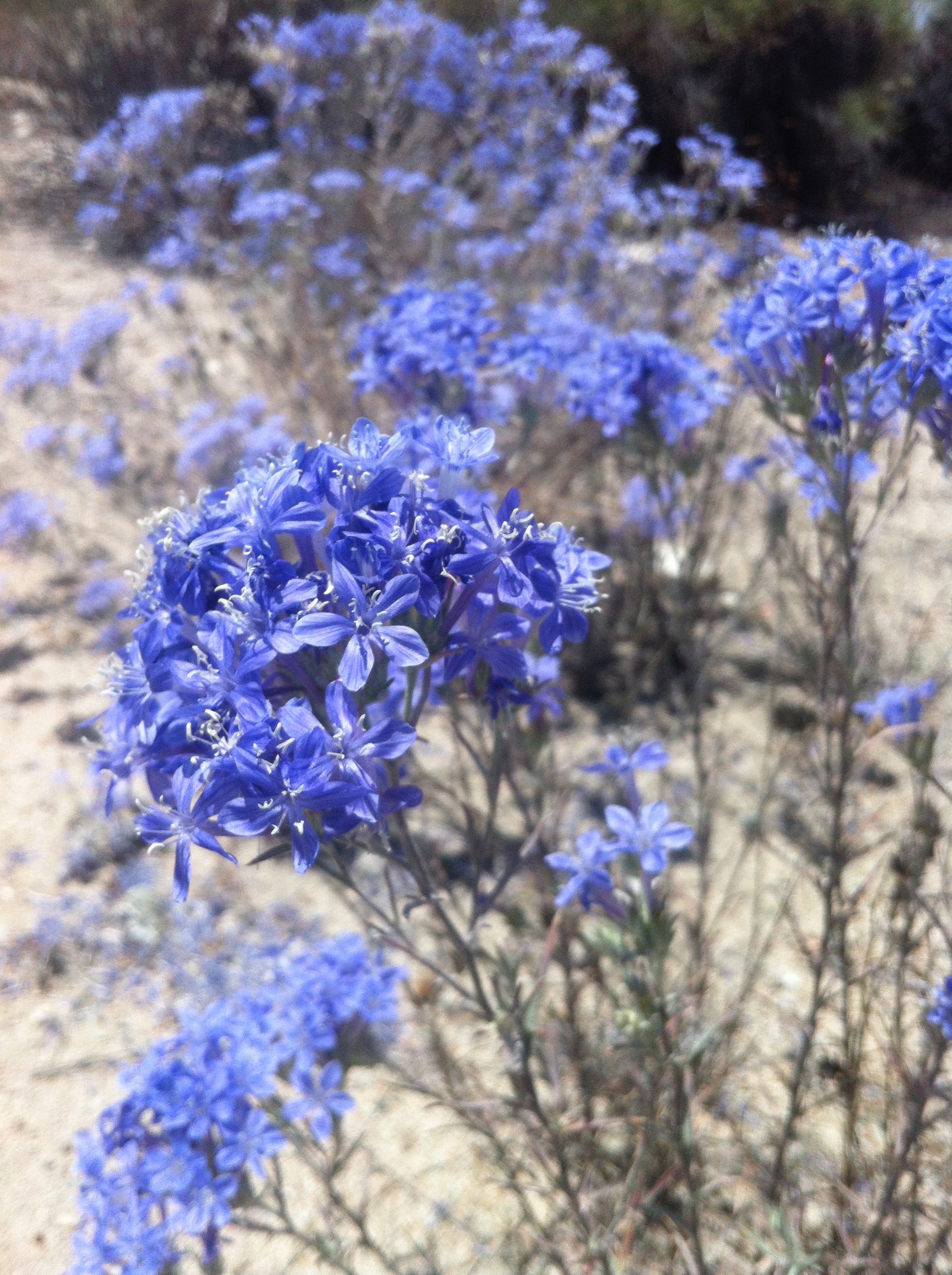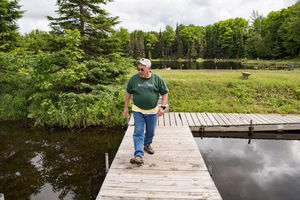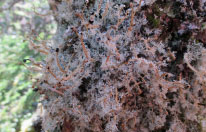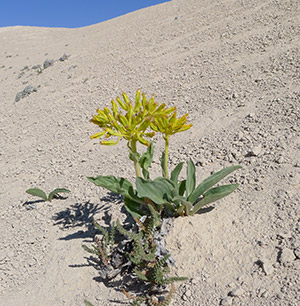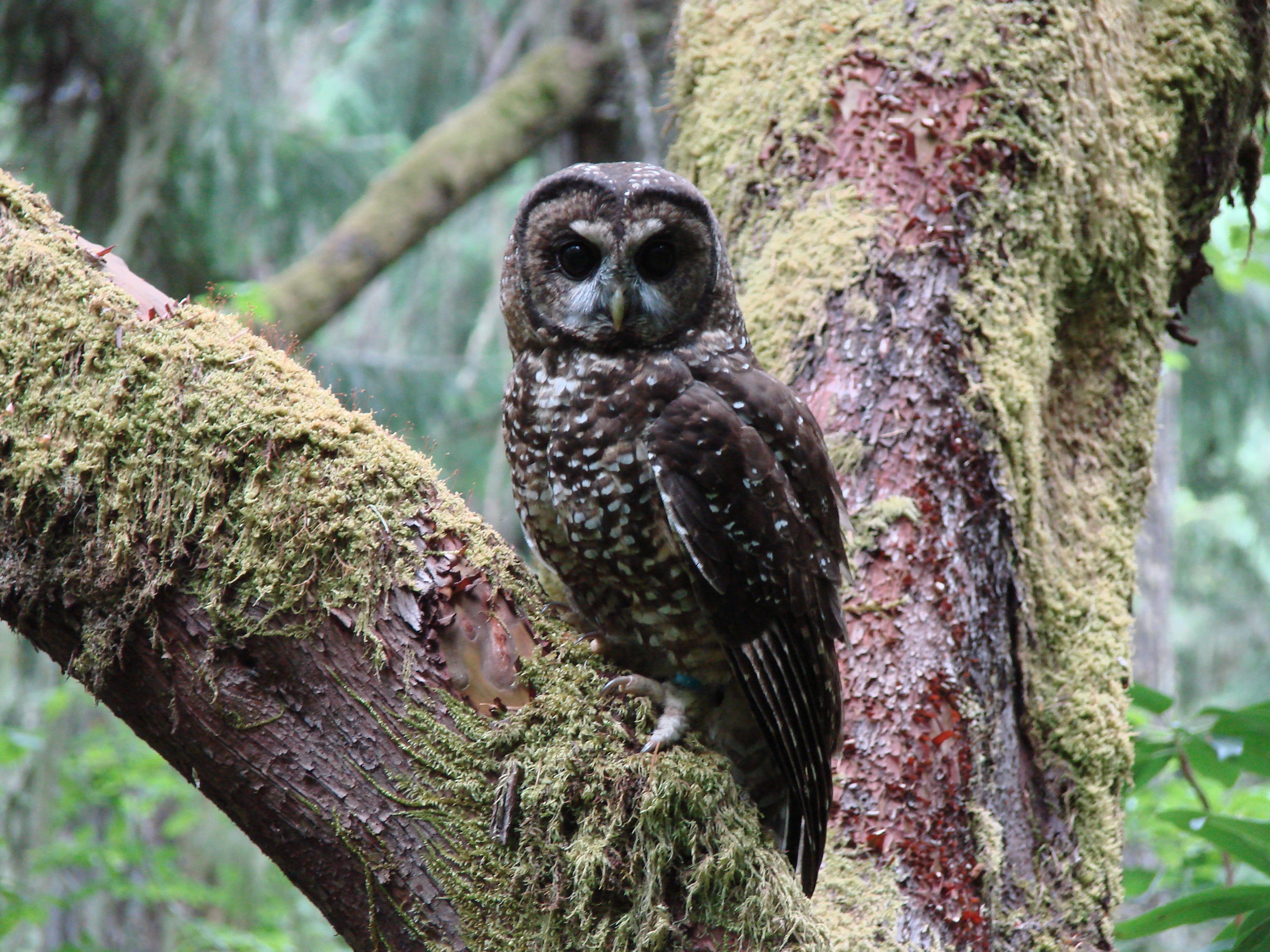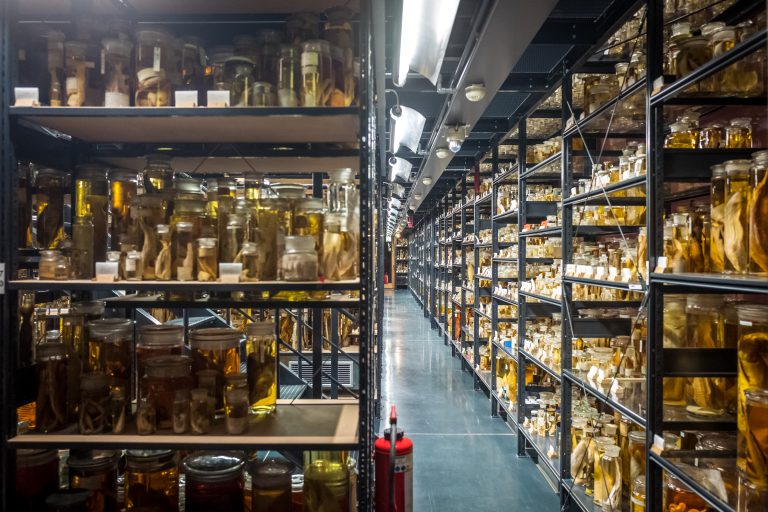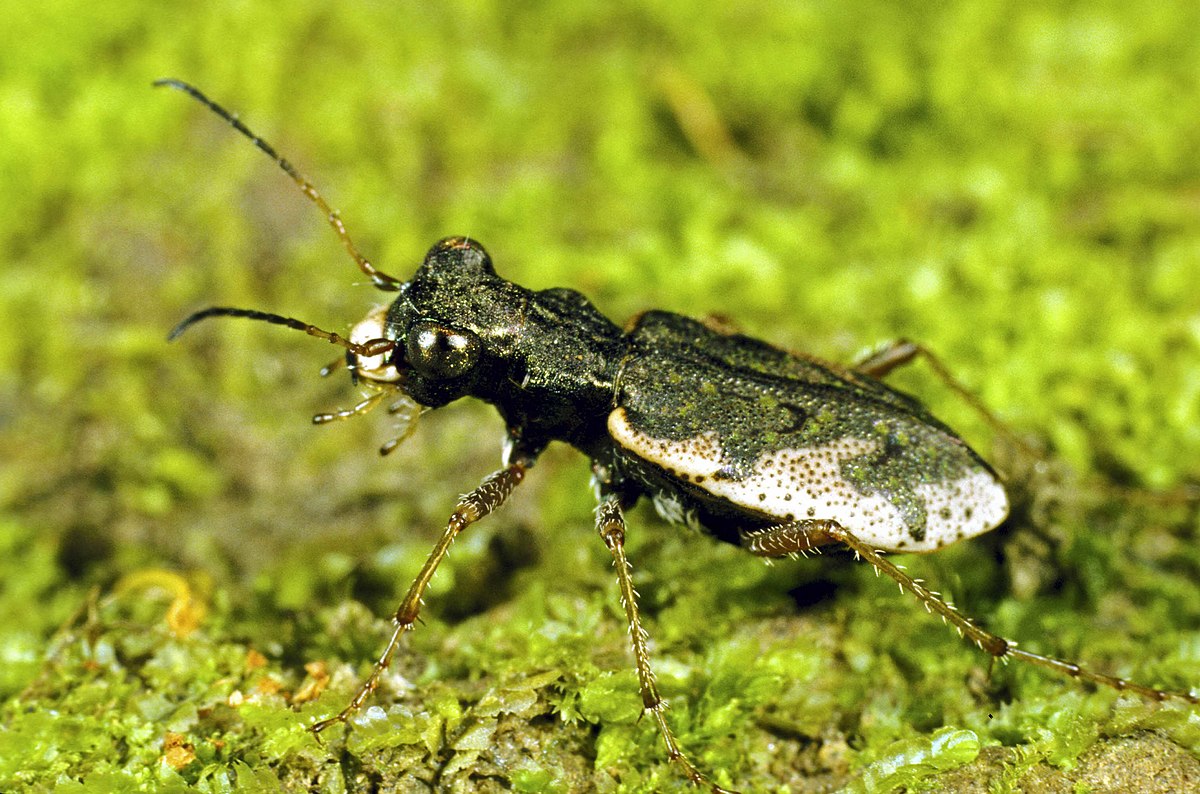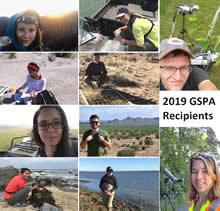New SDSU Study Examines Role of Sea Urchins on California Kelp
By San Diego State University 3/14/2019 California sheephead and spiny lobsters may be helping control sea urchin populations in Southern California kelp forests, where sea otters — a top urchin predator — have long been missing, according to a new San Diego State University (SDSU) study published in the journal Ecology. The research provides new insight into the complex predator-prey relationships…
